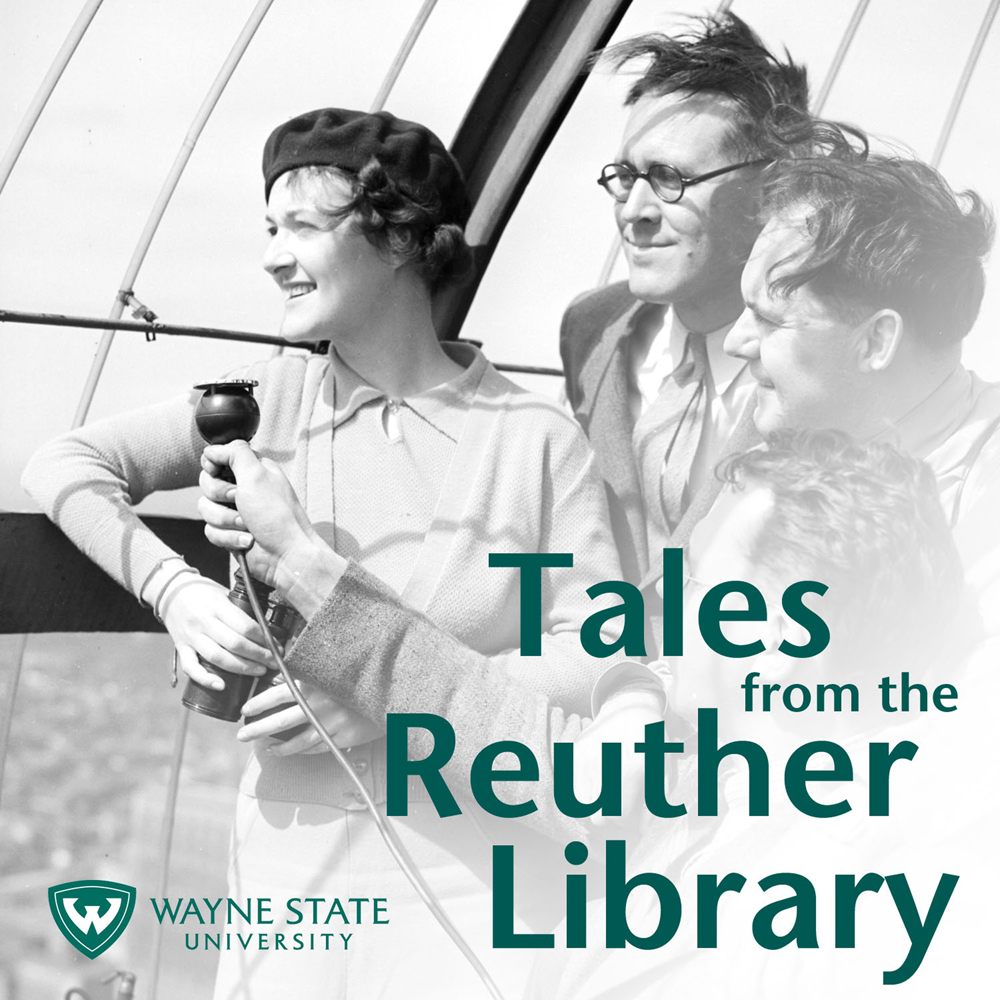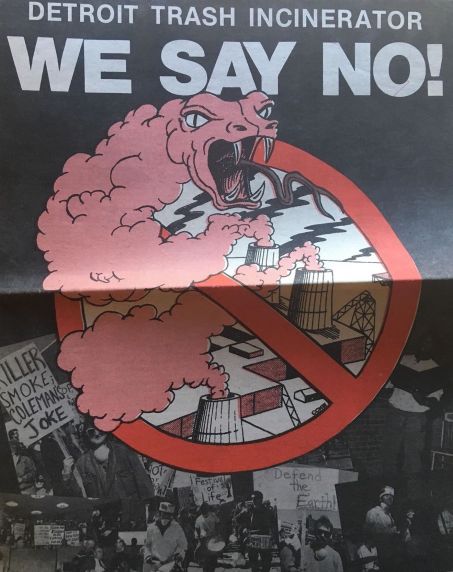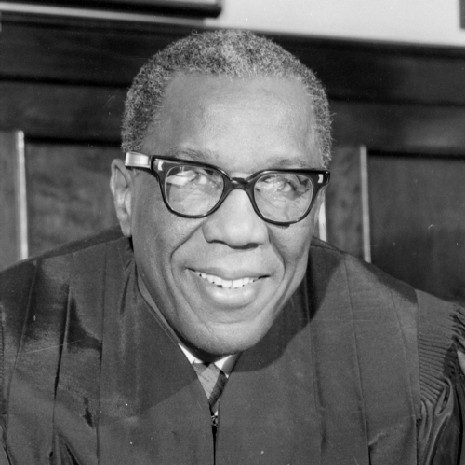Professor Michelle Adams describes the struggles to integrate Detroit’s highly segregated neighborhoods and schools in the 1960s, a federal judge’s ruling to alleviate that segregation by bussing students between the predominately Black schools in Detroit and predominantly white schools in the suburbs, and the Supreme Court’s subsequent 1974 Milliken v. Bradley decision that acknowledged the segregated state of Detroit schools but overturned the “metropolitan remedy,” thereby allowing de facto school segregation to persist today.
Adams is the Henry M. Butzel Professor of Law at the University of Michigan and author of The Containment: Detroit, the Supreme Court, and the Battle for Racial Justice in the North.
Related Resources:
The Containment: Detroit, the Supreme Court, and the Battle for Racial Justice in the North
Related Collections:
Robert E. DeMascio Papers (LP002075)
Detroit Board of Education Detroit Public Schools Records (WSR000681)
Detroit Public Schools Community Relations Division Records (LR000951)
Damon J. Keith Papers (UP001582)
NAACP Detroit Branch Records (UR000244)
Remus Robinson Papers (UP000447)
Wayne State University College of Education, Dean’s Office: Detroit Public Schools Monitoring Commission on Desegregation Records (WSR001371)
Coleman Young Papers (UP000449)
Episode Credits
Interviewee: Michelle Adams
Producers: Dan Golodner and Troy Eller English
Music: Bart Bealmear
Podcast: Play in new window | Download | Embed
Subscribe: Apple Podcasts | Spotify | Android | Podchaser | RSS | More


